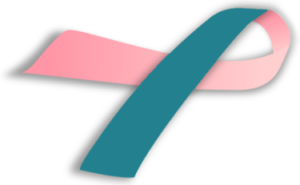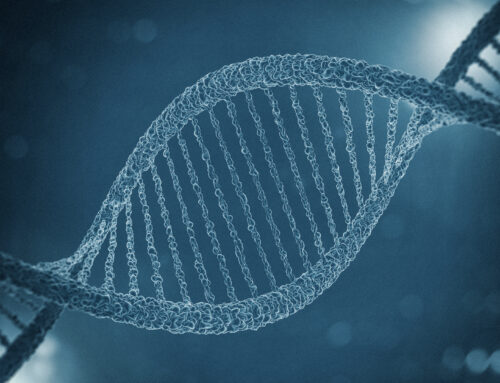 By Anna Kheyfets
By Anna Kheyfets
Part 1 – What is a BRCA Mutation and why might someone test for it?
If you or someone you know has breast or ovarian cancer, a conversation about genetic testing might come up. When I found out my mom had cancer, genetic testing, while not on top of mind, did indeed arise as we navigated her treatment. To read that blogpost on WomanLab, I would start there. It gives you a little insight as to why I was even tested at 19 years old.
As I was deciding whether or not to be tested, I explored everything the internet had to offer on the resources about BRCA testing. Although I spent hours at a time Googling, I realized what I was looking for was not out there. All the resources I found were either too cold, scientific, and removed, or too fluffy and highly opinionated. I wanted something that I could relate to, learn from, and maybe even help me make a decision. This is, in large part, why genetic counselors are such an asset. They bring you the most evidence-based information all through a warm, human touch. While I made my decision without such a resource three years ago, I wanted to fill a gap to help others in making their decision about genetic testing.
Ok, but first let’s start with the basics: What are BRCA genes?
Genes are passed onto us by our biological parents and we pass them onto our kids, if we have them. However, genes are not stagnant—they change, mutate, and recombine to make each of us entirely unique. That is why your genetic code is different from your siblings’, even if you come from the same biological parents. There are a few genes that are common to predispositions for diseases. One example is the BReast CAncer susceptibility (BRCA) genes for Hereditary Breast and Ovarian Cancer Syndrome (HBOC).
The unmutated versions of the BRCA genes code for tumor suppressor proteins. That’s just a fancy way of saying that when all is operating like it should, these genes make sure your cells don’t grow when they shouldn’t. Rapidly dividing cells form tumors and can possibly result in a cancerous tumor.
The BRCA1 and 2 gene mutations can be inherited from either parent. About 1 in 400 women in the United States has either the BRCA1 or BRCA2 gene mutation. Eastern European, or Ashkenazi, Jewish people such as myself have about a 10-fold higher risk of having these genes. You can find more on what’s Jewish about BRCA here.
By 70 years old, women with the BRCA1 gene mutation have about a 55-65% chance of developing breast cancer and women with the BRCA2 gene mutation have about a 45% chance, while the general population has about an 8% chance. It is important to remember that many other factors like your environment, behavior, diet and, yes, even other genes affect your chance of developing cancer. If you have these gene mutations, it does not mean you will definitely develop cancer, but being tested can allow some preventive measures to be taken.
So you might be wondering, why would a woman choose not to be tested for genes that might cause cancer? If your mom were diagnosed with cancer, wouldn’t you want to know? What’s the downside? It is often not that easy. If you read my other blog on WomanLab.org, you know that while I was quick to be tested with the guidance of my physician, my sister has made the opposite choice. She has decided, at least for now, genetic testing is not for her. Speaking to her, I learned that she chose to forego testing until she was older to avoid what could come with a possible positive result. If she was tested at 16 years old and learned she had the gene mutation, she could live in fear that she is more likely to get cancer and pass it onto her future children at an extremely young age. Instead, she is choosing to take the time she needs to decide if and when genetic testing is right for her. At a young age one might not be ready to make such a call. In fact, genetics professionals generally agree that testing is most appropriate for individuals in their early- to mid-twenties and older, but of course every person and situation is unique. That’s why it is important to talk to a physician or a genetic counselor before making any swift decisions.
Anna Kheyfets is a senior at the University of Chicago. She will be graduating March 2019 with a degree in Anthropology and Biology. She is an avid reader, writer, New Yorker, and proponent of women’s health and rights. She has been an intern at WomanLab ( www.womanlab.org ) in the Lindau Lab at the University of Chicago since January 2018, where she has contributed to blog content, analytics and the other research efforts. What’s next? After graduation she will be continuing her research in Women’s Health back in NYC during her gap year before she begins medical school and is looking forward to some lengthy subway rides.


